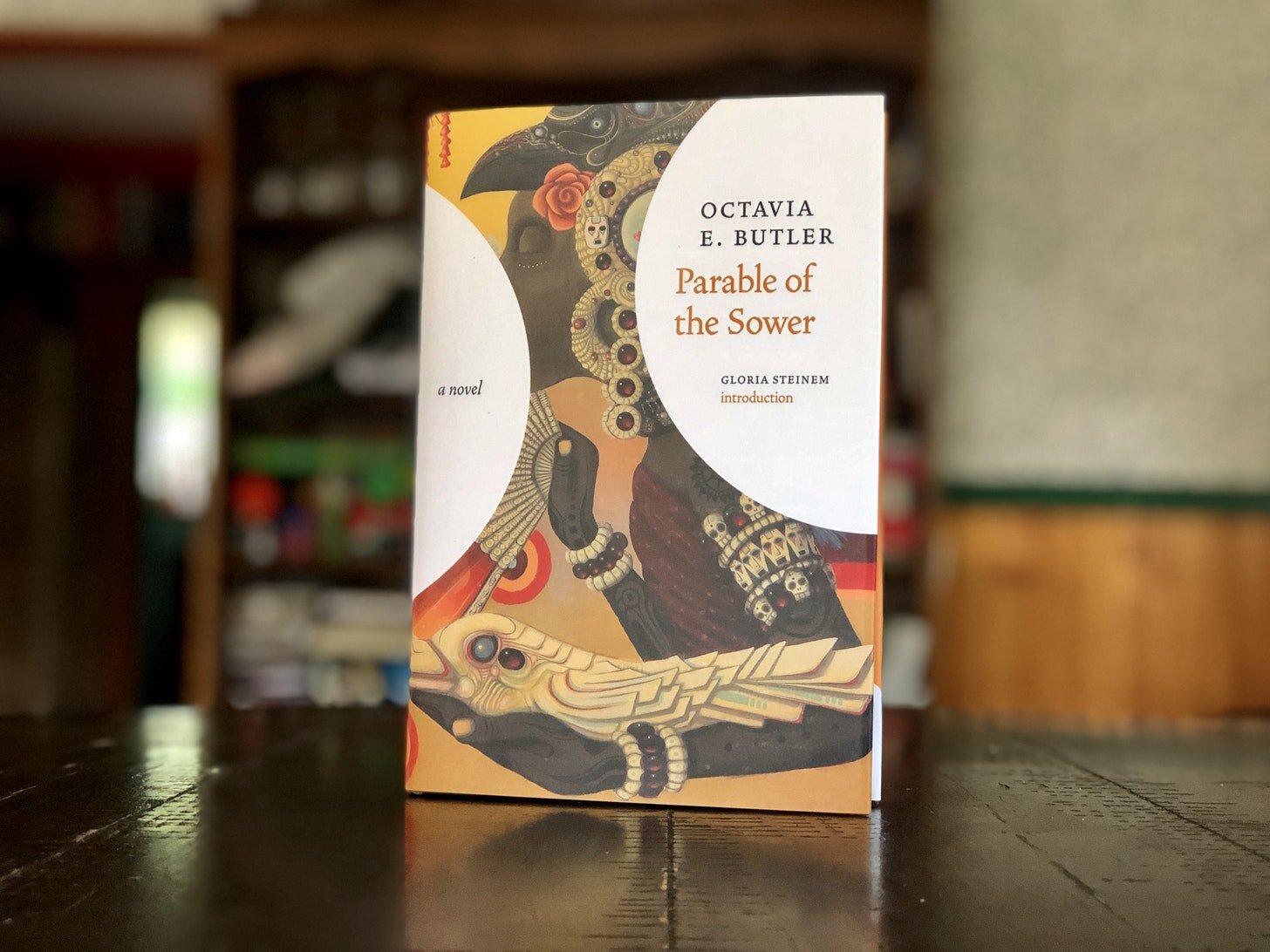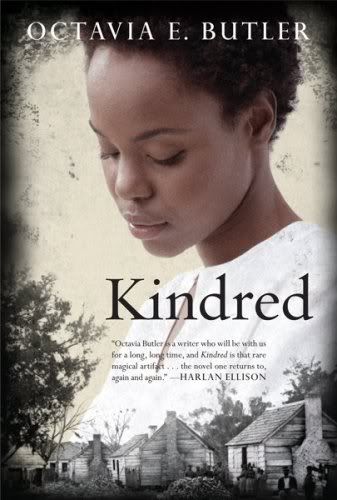Octavia Butler’s Parable of the Sower
/There are some books that you dig into because they’re ubiquitous: it’s hard to escape the influence of books bearing the name Isaac Asimov, Arthur C. Clarke, or Robert Heinlein. They’re the welcome mat for the genre, books that are easy to get into and understand as a teenager.
There are others that are influential, but I haven’t picked up until now — ones that I’m glad that I’ve waited, because I feel like I wouldn’t have really understood what the author was getting at with it. I had this thought as I was reading Octavia Butler’s novel Parable of the Sower in my backyard the other day, and while listening to it while helping my brother strip a porch of its paint.
Butler’s novel follows the journey of a young woman named Lauren Olamina, who grows up in a gated community that shields her and her family from a slowly collapsing US. They have little money, there’s horrific crime out beyond the front gates, and a major corporation is experimenting with its own closed communities: a new version of a company town where you work and live for the company.
Lauren is afflicted with a particular condition: hyperempathy, in that she can feel the pain of others around her. The gates to her home are eventually breached, and she’s forced to trek north to possible safety, gathering people to her side as she begins to create her own philosophy of existence, Earthseed. This is a book that’s chillingly real, from a California that’s burning up, to the occasional mention of a crewed Mars mission to the proliferation of guns.
I’m glad that I waited until this particular moment in 2020 to pick up the novel, because I’m not sure that I would have fully comprehended it: how she viewed race through the lens of an apocalyptic collapse and the rise of corporate influence.
Some of that is a failure of imagination on my part: had I read this in high school or a decade ago, I would have likely just seen it as book about a girl going on a hike in the midst of an apocalypse. But given the last decade — where society at large (or at least those who haven’t had to endure these problems already) has begun to better learn or understand the complexities of race, power, privilege, white supremacy, and corporate greed and malice. Reading this book for the first time this summer was enriching and enlightening.
But the biggest thing that I drew from the novel comes down to Lauren’s abilities and the importance of empathy. She muses at one point what the world might look like if everyone had her condition, and after enduring the last couple of years of social media, online harassment campaigns, or even the comment sections on Facebook pages, I’m understanding what Butler was really getting at: the world is destroying itself because people lack this ability, because they can’t understand one another, or realize that the only way out of disaster is with people by your side.
Then again, if I’d read it earlier, maybe I would have better understood the world long before we reached today.
(Originally published on Transfer Orbit)


 For years, I've had friends tell me that I should be reading Octavia Butler's works, especially Kindred. I actually own a copy, and it's been sitting on my shelves for years, waiting for me to pick it up. When it came to the point where I'd start writing about the 1970s, it was pretty clear that Butler would be one of the authors that I'd be covering, and I picked up the book as part of my research. She's a powerful author, and I'm a little sad that I didn't read the book earlier. Researching Butler's life is fascinating, and it's becoming clear to me that some of the genre's most important works emerge from outside of it's walls.
For years, I've had friends tell me that I should be reading Octavia Butler's works, especially Kindred. I actually own a copy, and it's been sitting on my shelves for years, waiting for me to pick it up. When it came to the point where I'd start writing about the 1970s, it was pretty clear that Butler would be one of the authors that I'd be covering, and I picked up the book as part of my research. She's a powerful author, and I'm a little sad that I didn't read the book earlier. Researching Butler's life is fascinating, and it's becoming clear to me that some of the genre's most important works emerge from outside of it's walls.